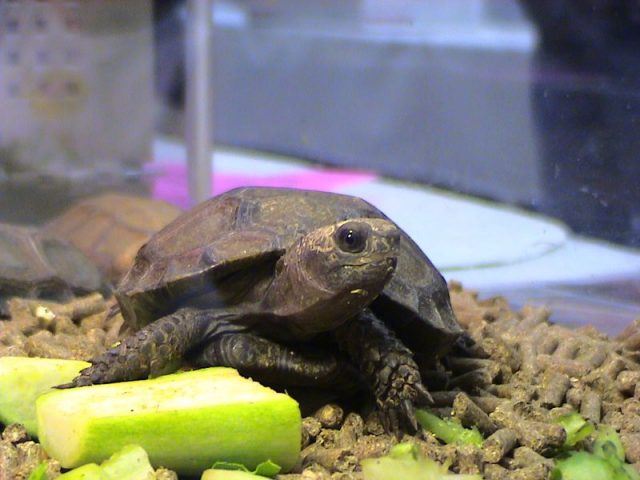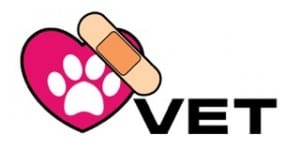Type the name of the breed you're looking for below
[wpdreams_ajaxsearchlite] Don't see the breed your're looking for? Click here and let us know!
Asian Mountain Tortoise
| Place of Origin and Range | Found in Thailand and India to Assam, Bangladesh, Malaysia, and Indonesia. |
| Description | Head moderate; two large prefrontal shields and a large frontal; beak not hooked; jaws feebly denticulated, the alveolar surface of the upper jaw with a strong median ridge. Forelimb anteriorly with very large, bony, pointed, imbricate tubercles, forming four or five longitudinal series; hind limb with very large bony tubercles on the plantar surface, with others larger, conical, and spur-like on the heel, and a group of still larger conical tubercles on each side on the back of the thighs. Adult dark brown or blackish; carapace of young yellowish brown, with dark-brown markings. |
| Morph Patterns Available | Yes |
| Adult Size | Can grow up 20in(50cm) |
| Accommodation | Clean fresh water should always be present. To build their large above ground nests the females scrape together leaves and sticks. Nest may measure 5 feet in diameter and 2.5 feet in height. |
| Lifespan | Can live 20+ years |
| Feeding / Diet | Diet consists mainly of Romaine lettuce, greens(dandelion, turnip, mustard and collard), fruit or tortoise chow. The food should occasionally be supplemented with calcium D3 and additives. |
| Other Considerations | The largest tortoise in mainland Asia. Watch for theses health concerns carefully with your tortoise. Vitamin A Deficiency: Vitamin A is an important nutrient for your tortoise’s health. It is found in his diet in the form of leafy green, orange or yellow vegetables, liver, and fish. If your tortoise is not getting enough Vitamin A, he can suffer serious health problems. Always check to make sure that your tortoise does not have swollen eyelids, as this is the main sign of a Vitamin A deficiency. Also, check for weight loss, nasal discharge and infected skin. Any of these symptoms could point to a deficiency. If you think your tortoise may not be getting enough Vitamin A, you should take him to the veterinarian to get a firm diagnosis. Shell Problems: Your tortoise's shell is very important to his overall health. There are many potential problems that could occur, so you should be on the lookout at all times. Respiratory Disease: Respiratory infections have symptoms similar to vitamin A deficiency, including swollen eyelids and runny nose, so you should take your tortoise to the veterinarian to get a proper diagnosis if you suspect either. More serious infections will be characterized by breathing through the mouth, mucus in the mouth, and wheezing. Always make sure your tortoise’s environment has the proper amount of humidity, as this will help prevent respiratory problems. |



